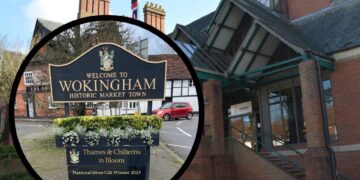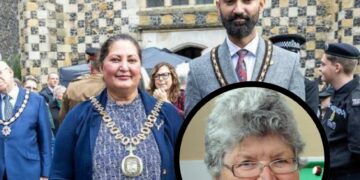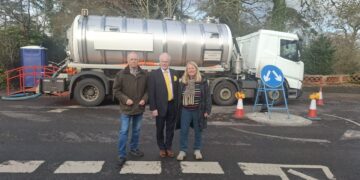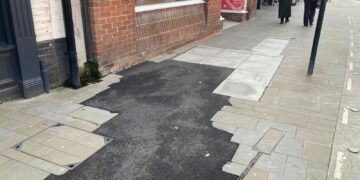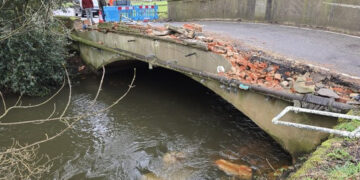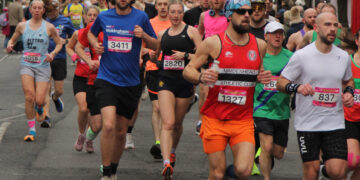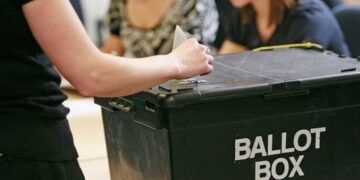In a week in which we have another borough council by-election, it’s worth asking why people become involved in local politics, especially given the rather cynical view that some people hold of those who put themselves forward for public office.
To be a local councillor is in many ways a thankless task. It requires a considerable commitment of time and a willingness to attend many meetings as well as try to help residents with a wide range of very different problems.
Why do people volunteer to stand for election? Some, no doubt, are at least partly motivated by a sense of self-importance, but I can honestly say that I have encountered very few such people in my thirty years of involvement in local politics. Most, even those who are status conscious, are inspired by higher causes than self-interest.
Some become councillors to pursue a single issue that is important to them; others because they are committed to a particular ideology and think councils provide an arena in which they can implement their view of the world. Many are simply inspired by a wish to serve the community that they represent.
In my case, I see local politics as a way of bringing people together, of building consensus, and furthering community cohesion. Elected councillors – and council candidates – have a duty to work for the whole community, not just for that part of it that votes for them.
To me, consensus and cohesion leads not only to a happier and more contented community; it also makes everyone, regardless of who they are, feel welcome, comfortable, and able to contribute fully to local life. We all benefit from inclusive and strong communities.
In the current turbulent times, we are perhaps particularly in need of the politics of bringing people together.
There are powerful forces at work that wish to undermine our tolerant and inclusive society. They thrive on scapegoating and emphasizing difference rather than trying to build on what we have in common.
Such disruptive and dangerous forces peddle simple solutions to complex problems.
Social media is often their chosen field of combat. Though a positive development in many ways, social media can be very destructive when it comes to political debate.
It often acts as an echo-chamber, with users exposed only to views that coincide with their own. Rarely, if ever, is there an opportunity to hear the other side of the story.
Social media can also amplify angry voices, giving the impression that everyone feels equally annoyed. And it enables fact-free rumour and downright falsehood to gain rapid traction.
Perhaps it’s too much to hope that social media contributions will become more considered and respectful of difference. After all, it’s in the nature of social media that it privileges immediate reactions over reflective interventions.
But politicians, locally and nationally, can by their own conduct help to ensure that our politics focuses more on the positive than the negative. I hope that is how all local political parties and their candidates will chose to behave.
By Cllr Stephen Conway, leader of Wokingham Borough Council

